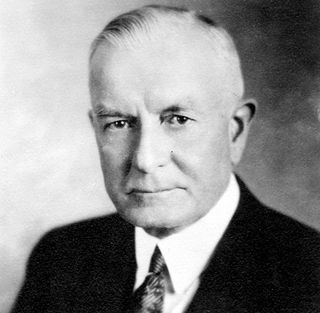A Quote by Bruce Perens
The reason for the success of this somewhat communist-sounding strategy, while the failure of communism itself is visible around the world, is that the economics of information are fundamentaly different from those of other products.
Related Quotes
My entire life was dedicated to defeating communism. I felt really great when Ronald Reagan helped us establish peace and the elimination of communism from Russia. We are now dealing with a national power, and, you know, it is a big power in the world. It's no longer being motivated by communist ideology that has it trying to overthrow democratic governments and replace them with atheistic communist dictatorships.
Our real battlefield today is Asia and our real battle is the one between democracy and communism. . . . We have to prove to the world and particularly to downtrodden areas of the world which are the natural prey to the principles of communist economics that democracy really brings about happier and better conditions for the people as a whole.





































